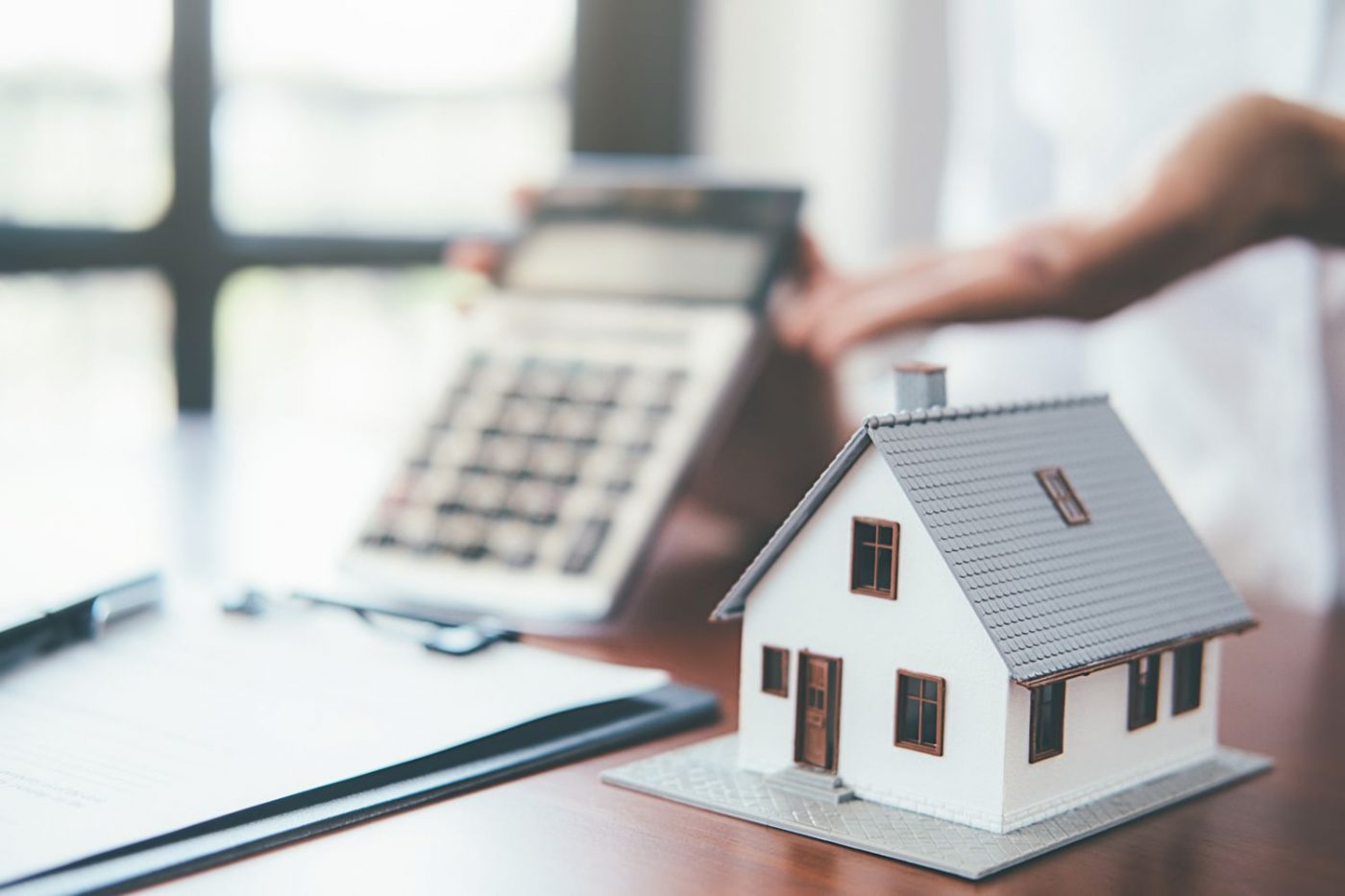A home mortgage is likely one of the largest debts that most people have. A question that many ask themselves is should we try and pay down the mortgage as quickly as possible?
Take advantage of Financial Freedom’s free initial consultation. Click here to schedule a time to talk with us.
Some are tempted to try to pay off the entirety of their mortgage as quickly as possible. However, there is a meritorious argument to be made that investing may be a better use of savings than paying down mortgage debt.
Ask the Experts for Help When Deciding Between Investing and Paying off Your Mortgage
We recommend seeking guidance on making big decisions like this and would encourage you not to attempt to make this important decision on your own. You might overlook the true opportunity cost of paying off the entirety or the bulk of your mortgage sooner rather than later. Meet with a fee-only fiduciary CERTIFIED FINANCIAL PLANNER™ Professional and this professional number-cruncher will help you make this important decision in a truly informed manner.
Your CERTIFIED FINANCIAL PLANNER™ Professional will lay out multiple financial planning scenarios, one in which you pay down your mortgage and another in which you whittle away at the mortgage balance while investing the remainder of your money.
History shows the stock market is likely to continue moving upward throughout the period in which you pay your mortgage down, meaning there may be a significant financial opportunity cost in paying off your mortgage as quickly as possible. The better approach might be paying the minimum monthly payment for your mortgage and investing the rest in stocks, mutual funds, ETFs, CDs, money market accounts, bonds, etc.
As long as your investments’ rate of return exceeds that of the money you lose in interest on your mortgage balance, you may very well emerge as a winner when all is said and done.
In fact, remaining invested might even result in a gain of tens of thousands or hundreds of thousands of dollars. This is the financial opportunity cost you would be burdened with if you were to pay down your mortgage as quickly as possible and miss out on a sizable market jump during that period of time. Your fee-only fiduciary CERTIFIED FINANCIAL PLANNER™ Professional will break down the details of both hypothetical scenarios so you understand the risks as well as the potential rewards of each approach.
Why Some Choose to pay Down Their Mortgage
There is also an argument to be made that it makes sense to pay off your home mortgage as quickly as possible. After all, no one can predict the direction of the market. It is certainly possible the market stagnates or declines in the 10 to 30 years in which you pay down your mortgage.
Those who suggest it is a good idea to pay off a home mortgage without delay often point to the psychological benefits of being debt-free. Indeed, you will feel less stress after your home is paid off. Paying the mortgage as quickly as you can minimizes the amount of money you pay in mortgage interest, meaning you will have that much more money to invest once your home is fully owned by you as opposed to your mortgage lender.
Consider the Mortgage Interest Rate
Your decision to pay your mortgage off as soon as possible or pay the monthly minimum will largely be shaped by the loan’s interest rate. If your home mortgage interest rate is below 3%, your CERTIFIED FINANCIAL PLANNER™ Professional may advise that you invest your available cash rather than redirecting it to your mortgage debt.
Keep in mind, money is likely to continue to inflate in the years and decades ahead, meaning the market as a whole is likely to move higher even if there are economic troughs, natural disasters, and wars that occur during that period of time. Furthermore, there is always an opportunity to refinance your home loan at a lower interest rate if rates drop during the years/decades ahead.
If your home mortgage rate is higher than 3% and your balance is particularly large, it might make more sense to pay down the debt sooner rather than later, or consider the potential benefits of refinancing the mortgage. As an example, a mortgage balance of several hundred thousand dollars at an interest rate around 4% or higher will continue to increase in value quite rapidly as time progresses.
There is certainly the potential for your investments to offset the money lost through the gradual buildup of mortgage debt resulting from the annual interest rate. However, there is no guarantee your investments will increase in value unless they are in low-risk, low-reward investment vehicles such as bonds, CDs, and money market accounts.
It Might Not Make Sense to tie up Your Money in Your Home
If you were to pay off the entirety of your mortgage as quickly as possible, you likely now have a large portion of your financial worth invested in your home. This means you won’t be able to access that value unless you sell your home or take out a home equity loan.
A home equity loan carries an interest rate, essentially nullifying some of the benefits of paying your mortgage down as soon as you can. An unforeseen situation might arise in the years ahead in which you need cash but don’t have it as you redirected all of your money to your home. This is one reason why many people choose to spread out their money across a wide array of investments including real estate and also holding some money in reserve as cash in a savings account.
At the end of the day, we believe it’s important that you make an informed decision that considers what might be the “financial answer” versus the “comfort level or emotional answer”.
At Financial Freedom Fee-Only Wealth Management, we have over 55 years of experience working with individuals, couples, and families. We are a fee-only, fiduciary, wealth management firm dedicated to helping our clients protect, grow, and maximize their wealth.
Contact us today for a complimentary consultation, and find out if we are the right fit for your needs.


